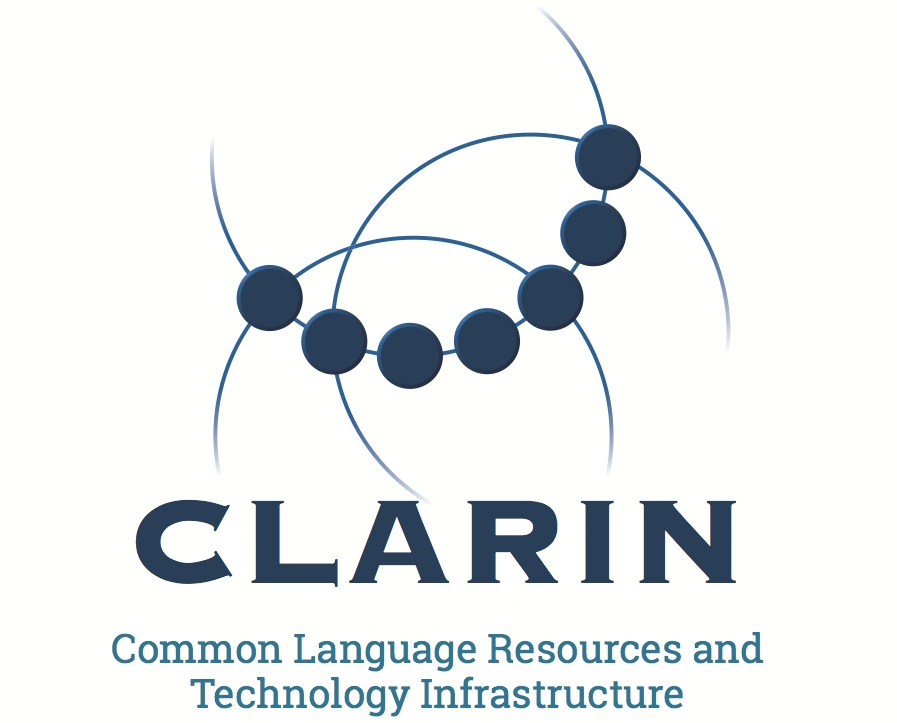Событие
Coroczna Konferencja CLARIN
Wydarzenie jest organizowane przez CLARIN ERIC we współpracy z LINHD - Digital Humanities Innovation Labies Innovation Lab oraz UNED - National Distance Education University of Spain.

Organizatorzy zapraszają do udziału wszystkich naukowców oraz uczestników studiów doktoranckich, którzy w swoich badaniach stosują lub rozwijają narzędzia i zasoby maszynowego przetwarzania języka - szczególnie efekty prac konsorcjów zrzeszonych pod szyldem CLARIN (również CLARIAH i innych podobnych).
W konferencji biorą udział przedstawiciele różnych środowisk współpracujących ze sobą w obszarach digital humanities oraz digital social sciences, jest to zatem doskonała okazja do nawiązania ciekawych kontaktów naukowych lub tutorskich.
Abstrakty wystąpień należy przesłać do 14 kwietnia.
Konferencja ma atrakcyjną formułę, która zapewnia zwrot kosztów podróży oraz pobytu dla jednego autora referatów przyjętych do wygłoszenia.
Organizatorzy dążą do zrealizowania konferencji w standardowej konwencji, jednak w przypadku niepewnej sytuacji pandemicznej konferencja odbędzie się on-line.
Ogólne informacje o konferencji: https://www.clarin.eu/event/2021/clarin-annual-conference-2021
Call for Abstracts: https://www.clarin.eu/content/call-abstracts-clarin-annual-conference-2021
Информация
Смотреть также
CLARIN Café I: CLARIN in times of Corona (VIRTUAL EVENT)
In times of crisis, public support for policy measures is important. With the outbreak of COVID-19, the public in various countries across Europe has shown general support for the advice provided by National Health Institutes and governments. However, it is uncertain how this support will evolve once the perceived urgency and rationale of the policy measures changes over time. We have already seen growing information divergencies between state-controlled sources and social media. Furthermore, we see interesting dynamics in Corona-related vocabularies across countries and cultures (social distancing, 1,5 meter society or economy, etc.). The timely understanding of changes in public opinion, sentiments and citizen or crowd behavior is important for policy makers and health care professionals and of course food for thought for academic scholars. (https://www.clarin.eu/event/2020/clarin-caf%C3%A9-i-clarin-times-corona-virtual-event)
CLARIN Café II: How to use CLARIN in (online) higher education (VIRTUAL EVENT)
The proposed CLARIN Café is a follow up of the past CLARIN@universities workshop which was held last November in Utrecht, and which opened up the discussion of the use of CLARIN resources for higher education. While the workshop showcased various positive experiences (e.g. a student who explored Fin-CLARIN said that it is "paradise for researchers") the demand for more support has been expressed and the idea of share teaching scenarios was proposed. Fast forward a few months and the situation in higher education has drastically changed, with an even stronger need for virtual education tools and platforms. What can CLARIN do to support such needs? What can we learn from the success stories, but also from the less positive ones? With the impending summer, and lecturers starting to prepare their courses for next September in these uncertain times, this CLARIN Café will be an opportunity to meet, find inspiration for new teaching solutions, collect feedback and needs, and share ideas. (https://www.clarin.eu/event/2020/clarin-caf%C3%A9-ii-how-use-clarin-online-higher-education-virtual-event)
CLARIN Café III - CLARIN for Researchers: Literary Studies (prowadzący: kierownik CHC IBL PAN – dr Maciej Maryl)
Centrum Humanistyki Cyfrowej IBL PAN zaprasza do udziału w darmowym wydarzeniu CLARIN Café na platformie ZOOM, gdzie zostaną zaprezentowane trzy sposoby literaturoznawczych badań cyfrowych w wersji dla początkujących: 1) anotacja cyfrowych edycji, 2) tworzenie korpusów językowych, 3) tekstowa analiza i stylometria.
XXVIII Scientific Readings / International Scientific Conference
The annual international conference “Scientific Readings” organized by the Faculty of Humanities (FH) of Daugavpils University (DU) is a big research event that represents the major spheres of the humanities, research subjects, methodologies, and interdisciplinary innovations at the faculty.